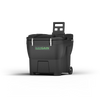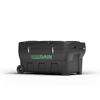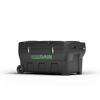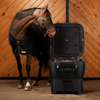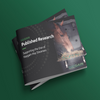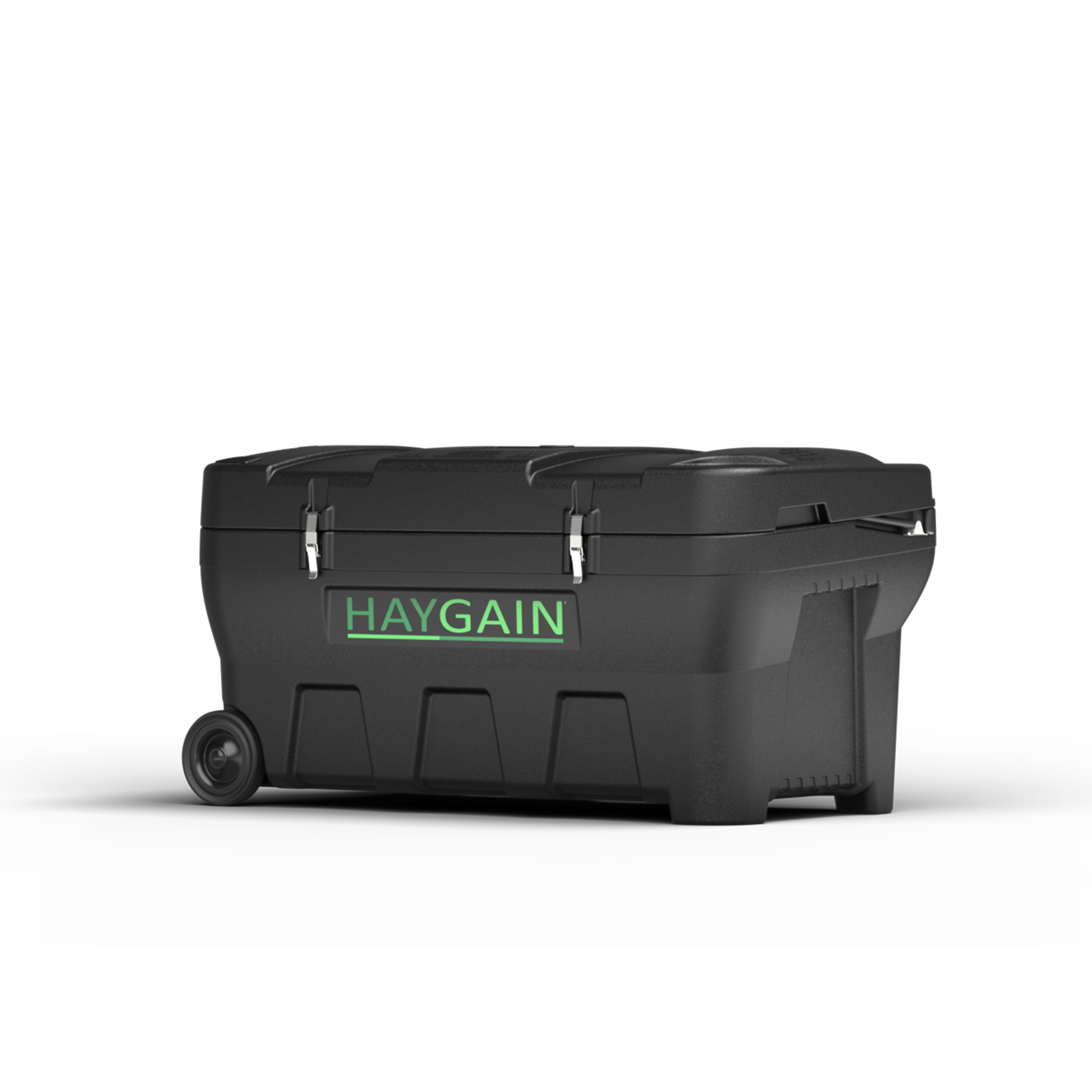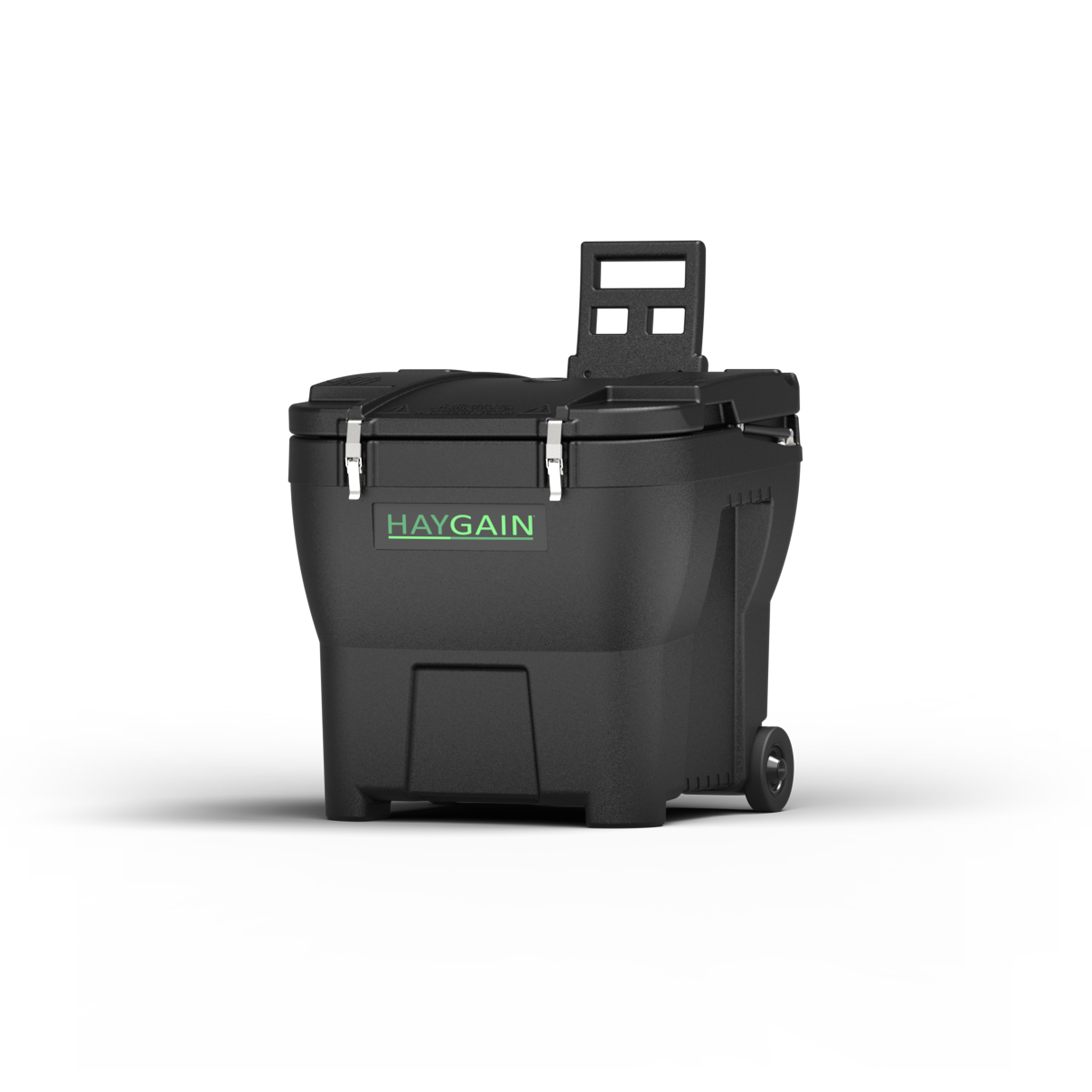Written by Sharon Smith MSc SEBC(Reg) IEng BHSAPC 
We’ve only just started to understand how much poor sleep impacts on our mental and physical health. Does it affect horses in the same way? Early research is suggesting ‘yes’, and competition results, or even rider safety, could suffer as a result [1].
We have known for some time that horses don’t choose to sleep in one long daily bout and they can sleep standing up, unlike humans. The phases of sleep have now been observed in the horse using brain-waves [2], similar to that used in a human sleep-lab. In the horse, Slow Wave Sleep (SWS) occurs while standing, laying down on the chest-bone (sternum), and laying completely flat. Rapid Eye Movement (REM) sleep, which is considered ‘deep sleep’, occurs during SWS.
REM sleep can only happen in the horse when lying flat, because the muscles will relax completely. This should promote glycogen uptake in fatigued muscles – known to take twice as long in horses as humans [3]. Also, REM sleep allows memory processing, and so the ability to learn [4]. In support of these findings in horses, a study in show-jumping has found performance declined significantly (slower rounds with significantly more jumping faults), when horses spent less time the nights before in Slow Wave Sleep. This was for low-level competition, and the researchers hypothesise the effect may be even greater in high-level performance horses [1].
Signs of sleep deprivation have been observed many times in horses and can be so worrying, they are often mistaken by owners for an incurable, abrupt collapse condition, called narcolepsy. Sleep deprived horses may enter REM while stood up - and part-buckle at the knees, or collapse [5]. Other clinical signs of sleep deprivation may include grazes or calluses on the front of both knees or fetlocks (from falling), loss of appetite, reduction in other normal behaviours, compromised immunity, general lethargy and reduced responsiveness to stimuli [6].
Why would horses stand to the point of collapse? Blood markers of stress have been found in sleep-deprived horses [7]. Social anxiety, either through isolation or poorly chosen companions, reduces laying behaviour. Many ‘standard’ stable installations are actually built to minimum recommendations, to save money, but can be inadequate for larger horses to feel confident they can stand up again. So, a lack of floor space or bedding area has a large influence on laying behaviour [8]. However, it is musculoskeletal and gastro-intestinal pain, while laying down and getting up again, that features most prominently in the literature and clinical case studies [6,7]. Given a choice, even healthy horses prefer a clean, soft bed to lay on [8]. ComfortStall flooring, for example, uses a thick layer of sealed orthopaedic foam and doesn’t trap ammonia-generating urine, like solid rubber matting can, or separate to leave a solid hard floor like shavings, paper, or other particulate-type bedding. Find out more.
It will soon be possible to monitor your own horse’s sleep patterns without resorting to CCTV, and more research is planned. Even so, we can currently point to preliminary evidence that sleep-deprived horses are likely to be: less healthy [7]; less motivated [1]; less careful [1]; slower in speed [1]; quicker to fatigue [3] and slower to learn [4]. Whether you’re riding a technical cross-country course, improving your dressage, or head-to-head in the final furlong, ensuring a good night’s sleep could give you the winning advantage.
While this is a wake-up call for owners, maybe the horses would prefer to sleep on it!
References
[1] Colley S., Murphy M., Dumbell L., Greening L. (2015) A preliminary investigation of competition performance linked to duration and frequency of nocturnal sleep behaviours In Heleski C., Merkies K. (Eds.), 11th International Society of Equitation Science Conference (p. 36). Vancouver: ISES
[2] Williams, D. C., Aleman, M., Holliday, T. A., Fletcher, D. J., Tharp, B., Kass, P. H., ... & LeCouteur, R. A. (2008). Qualitative and quantitative characteristics of the electroencephalogram in normal horses during spontaneous drowsiness and sleep. Journal of veterinary internal medicine, 22(3), 630-638.
[3] Waller, A. P., & Lindinger, M. I. (2010). Nutritional aspects of post exercise skeletal muscle glycogen synthesis in horses: a comparative review. Equine veterinary journal, 42(3), 274-281.
[4] Roth, T. C., Rattenborg, N. C., & Pravosudov, V. V. (2010). The ecological relevance of sleep: the trade-off between sleep, memory and energy conservation. Philosophical Transactions of the Royal Society of London B: Biological Sciences, 365(1542), 945-959.
[5] Monica Aleman, M. V. Z., Williams, D. C., & Holliday, T. Sleep and Sleep Disorders in Horses.
[6] Bertone, J. J. (2006). Excessive drowsiness secondary to recumbent sleep deprivation in two horses. Veterinary Clinics: Equine Practice, 22(1), 157-162.
[7] Bertone, J. J. (2015). 10 Sleep and Sleep Disorders in Horses. Equine Neurology, 123.
[8] Burla, J. B. (2016). Effects of feeding management and lying area on the behaviour of group-housed horses (Doctoral dissertationn, ETH Zurich).
